7 Smart Habits for a Clutter-Free Digital Life: Boost Productivity and Security
Discover smart habits to declutter your digital life. Learn effective strategies for email management, digital minimalism, and social media curation. Boost productivity and reduce stress. Start organizing today!

10 Essential Hacks for Maximizing Productivity in Your Home Office
Boost productivity with smart home office hacks. Learn to create an ergonomic setup, minimize distractions, and maintain work-life balance. Transform your remote workspace today!
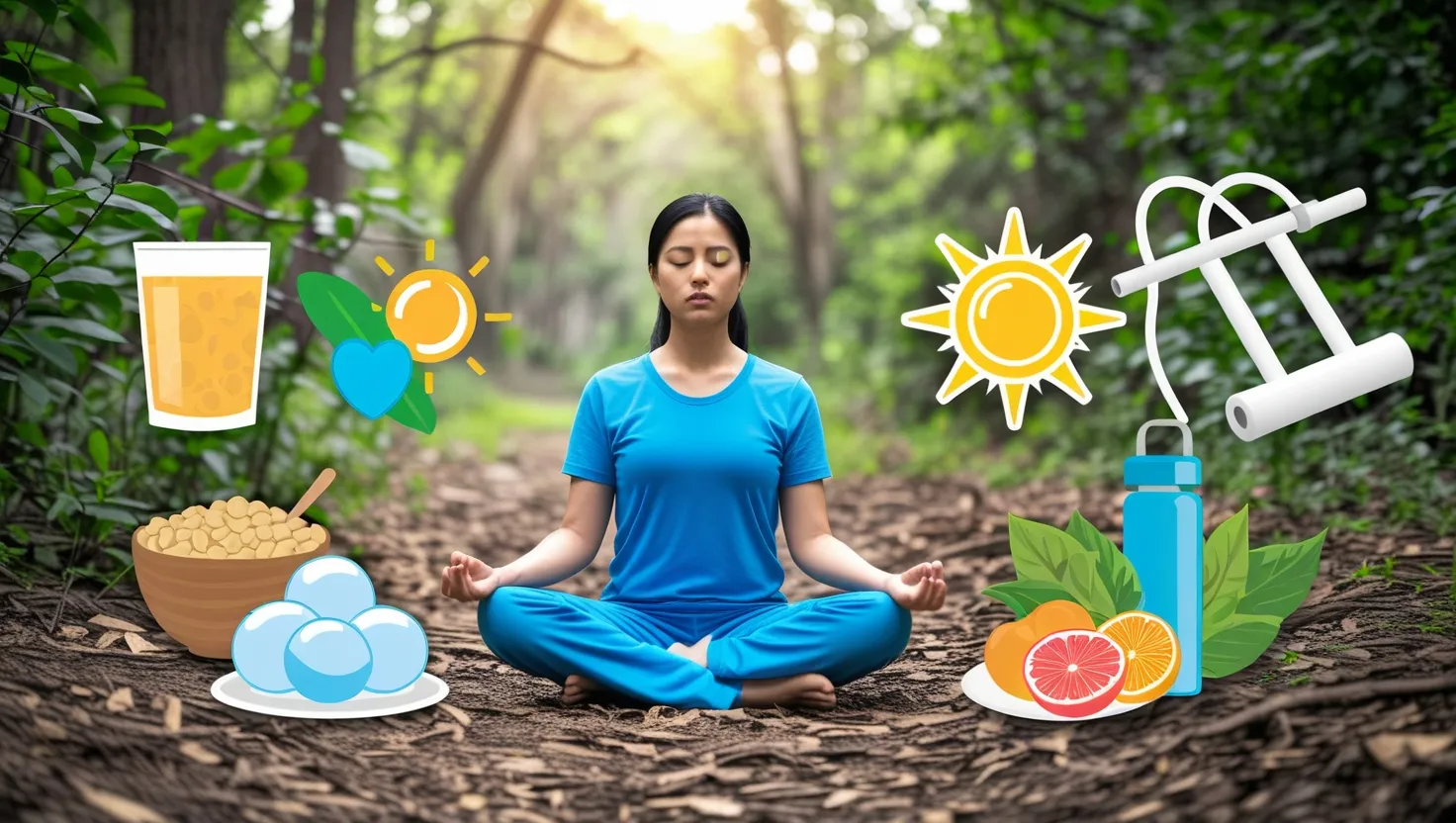
9 Unconventional Biohacks to Boost Performance: From Cold Therapy to Neurofeedback
Discover 9 unconventional biohacks to boost physical and mental performance. From cold exposure to neurofeedback, unlock your potential for optimal daily living. Learn how today!
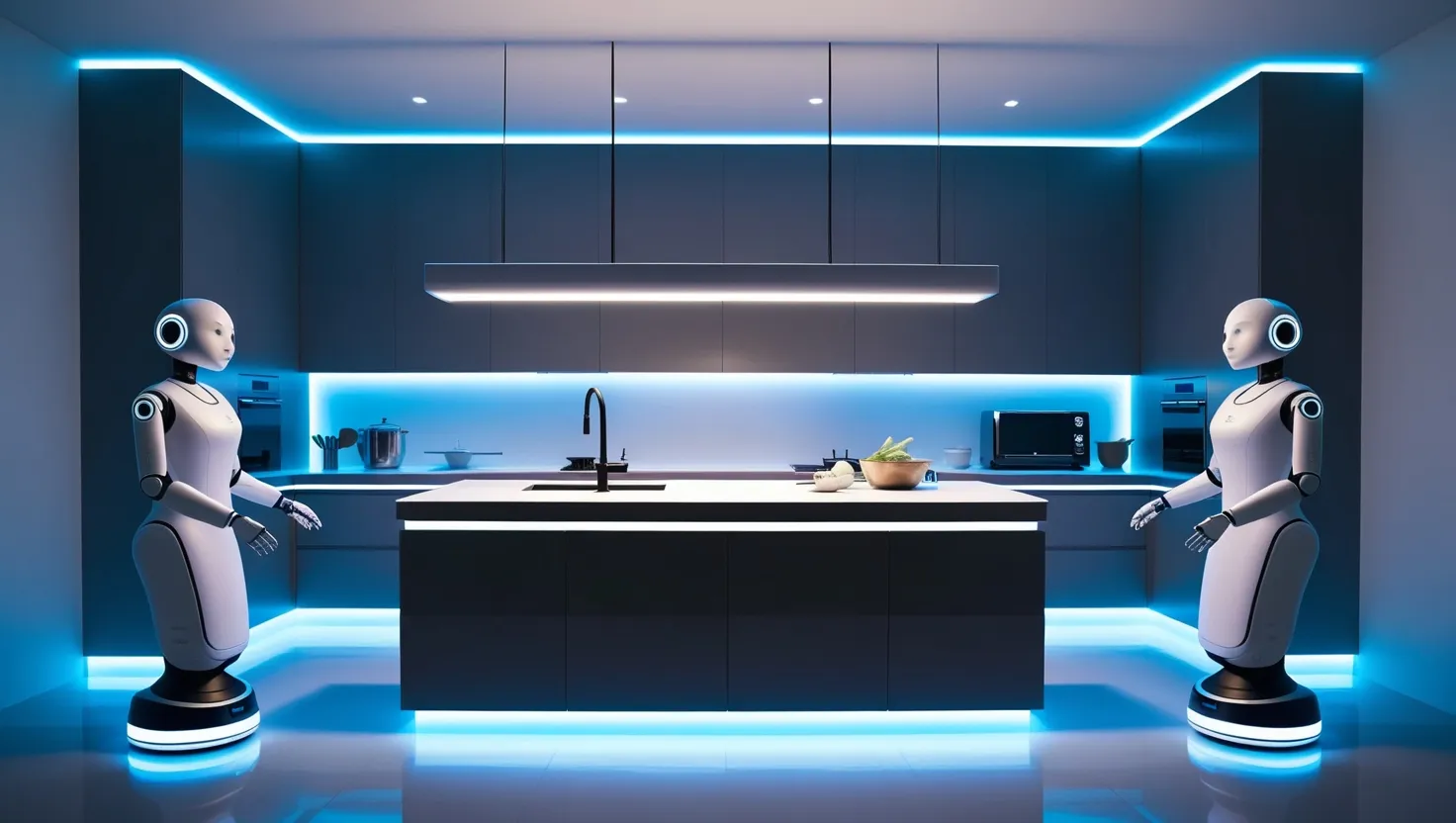
Smart Kitchen Innovations: 10 Tech Advances Revolutionizing Home Cooking
Discover how smart kitchen innovations are revolutionizing meal prep, saving time, and reducing waste. Explore cutting-edge tech for efficient, enjoyable cooking. Upgrade your culinary experience today!

Mindful Mornings: 7 Rituals to Boost Productivity and Well-being
Discover the power of mindful morning rituals for a productive day. Learn to avoid tech, meditate, eat well, exercise, set intentions, and create a clutter-free space. Transform your mornings and boost well-being. Start now!

Smart Home Revolution: 8 Energy-Saving Gadgets for Sustainable Living
Discover how smart home gadgets revolutionize energy efficiency. From AI-powered HVAC to energy-harvesting devices, learn to reduce consumption and create a sustainable living space. Transform your home today.

10 Innovative Sleep Hacks to Boost Productivity and Energy
Discover innovative sleep hacks for better rest and productivity. Learn about sunrise alarms, smart tech, and CEO-approved techniques. Optimize your sleep quality now!

10 Easy Eco-Friendly Habits for a Sustainable Home: Save Money and the Planet
Discover 10 eco-friendly habits to create a sustainable home. Learn how small changes in lighting, cleaning, and energy use can reduce your environmental impact and enhance your living space.

10 Low-Tech Strategies to Boost Productivity and Simplify Your Life
Discover effective low-tech strategies to simplify life, boost productivity, and reduce stress. Learn how pen and paper, physical organization, and mindful habits can enhance well-being. Start improving your life today.
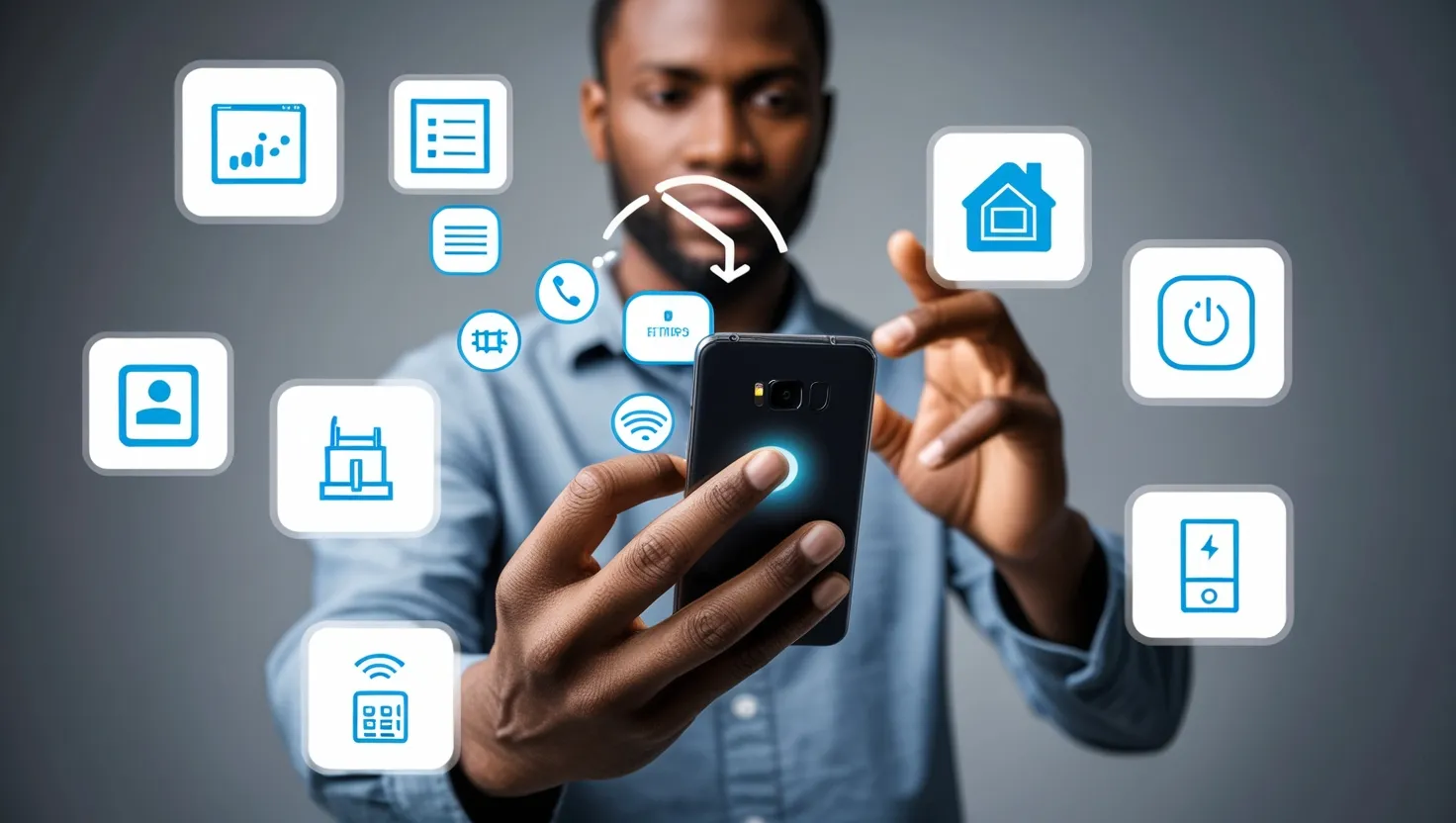
10 Tech-Savvy Habits to Boost Productivity and Streamline Your Day
Optimize your daily routine with tech-savvy habits. Learn how smart reminders, automation tools, and digital assistants can boost productivity and organization. Discover practical tips to streamline your life today.

10 Unconventional Time-Saving Hacks for Busy Professionals
Discover 10 unconventional time-saving hacks for busy professionals. Boost productivity, streamline your workflow, and reclaim precious hours from your hectic schedule. Learn how to work smarter, not harder.
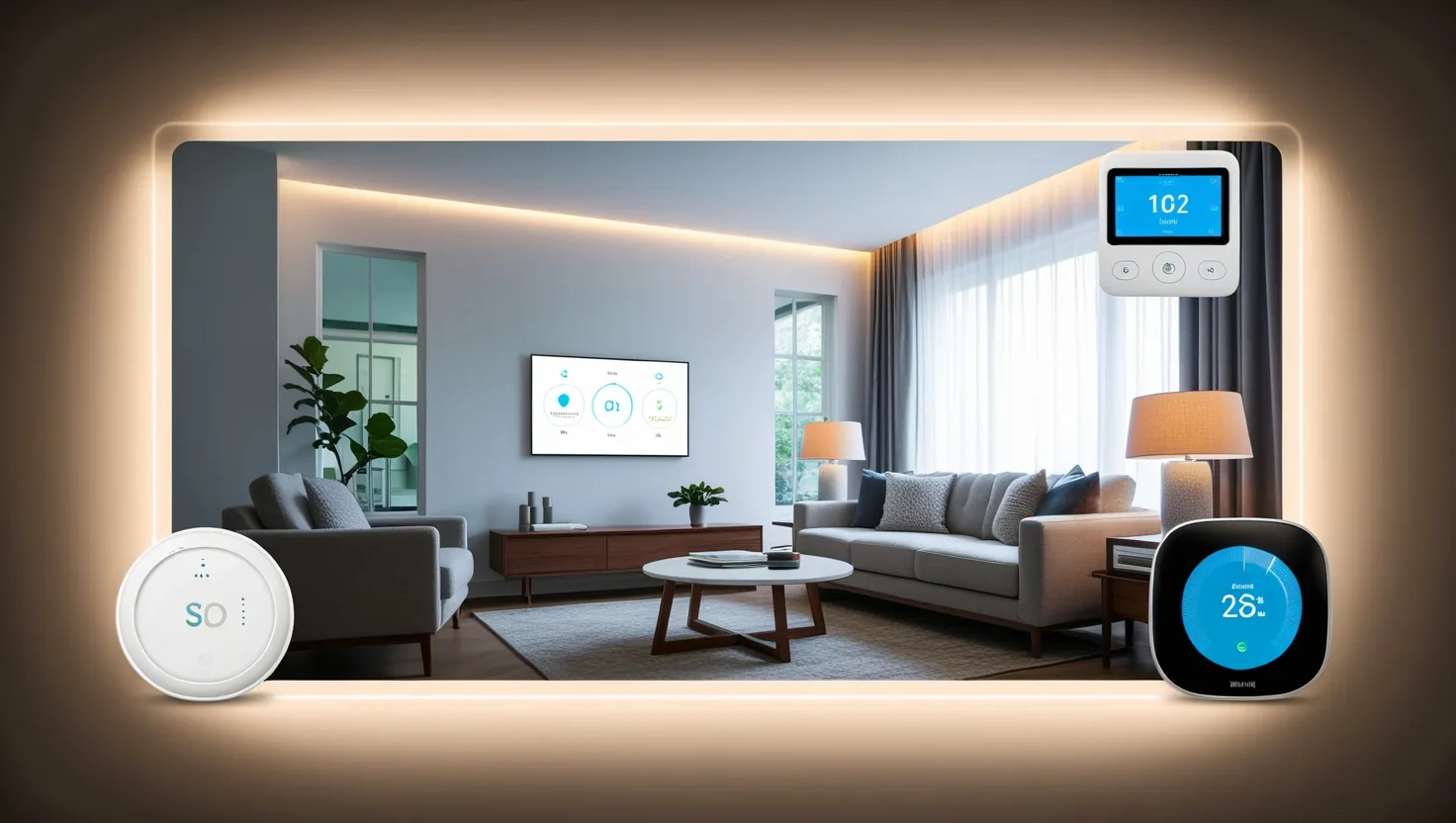
Smart Home Upgrades: 10 Energy-Saving Technologies for Sustainable Living
Discover smart home upgrades for energy efficiency. Learn how smart thermostats, lighting, and appliances can reduce bills and environmental impact. Transform your home today!
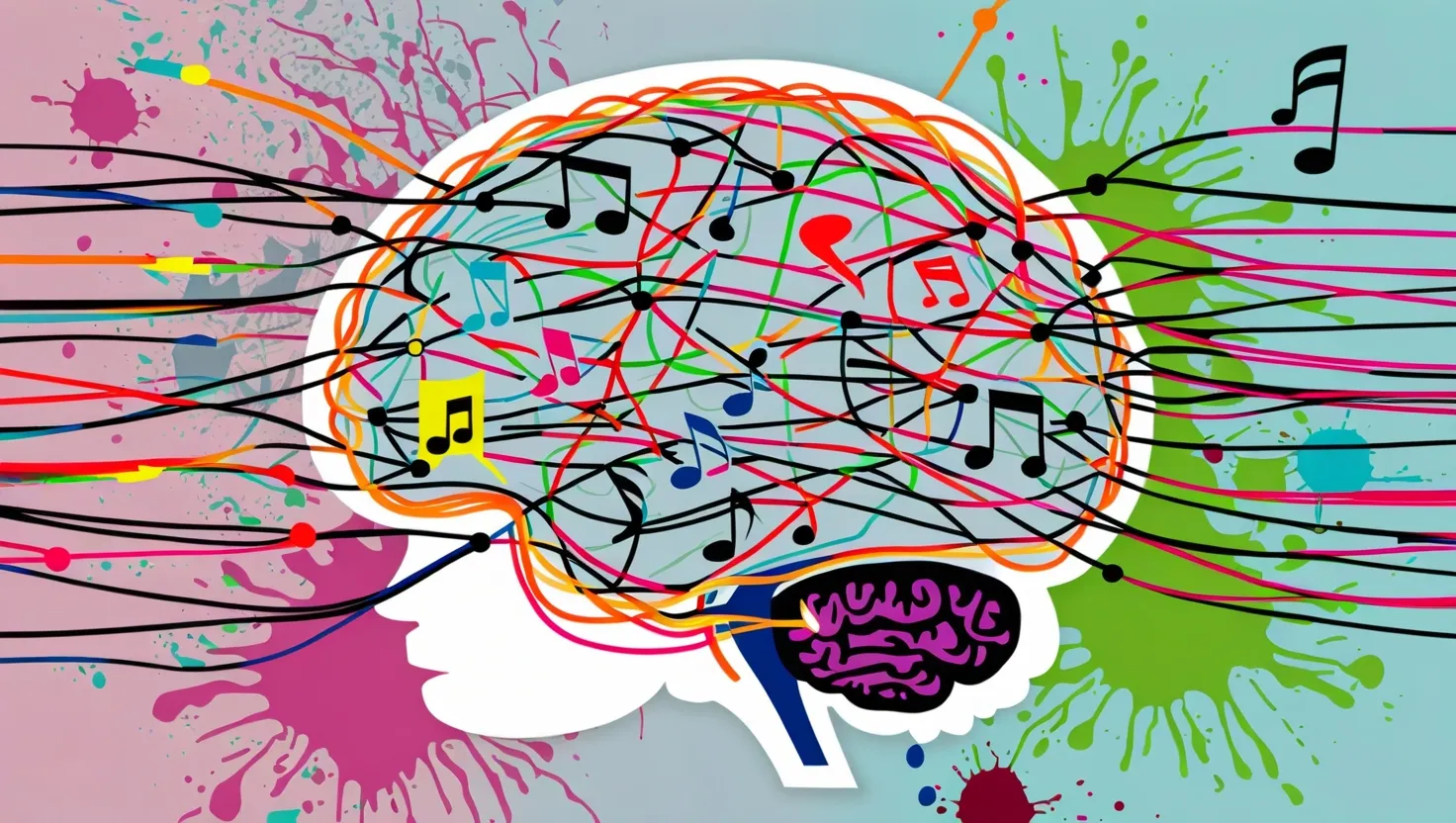
Boost Your Brain: Rewire Senses for Supercharged Thinking and Problem-Solving
Discover how rewiring your brain can boost problem-solving and creativity. Learn to create new sensory connections for enhanced cognitive abilities. #SynapticSynesthesia
